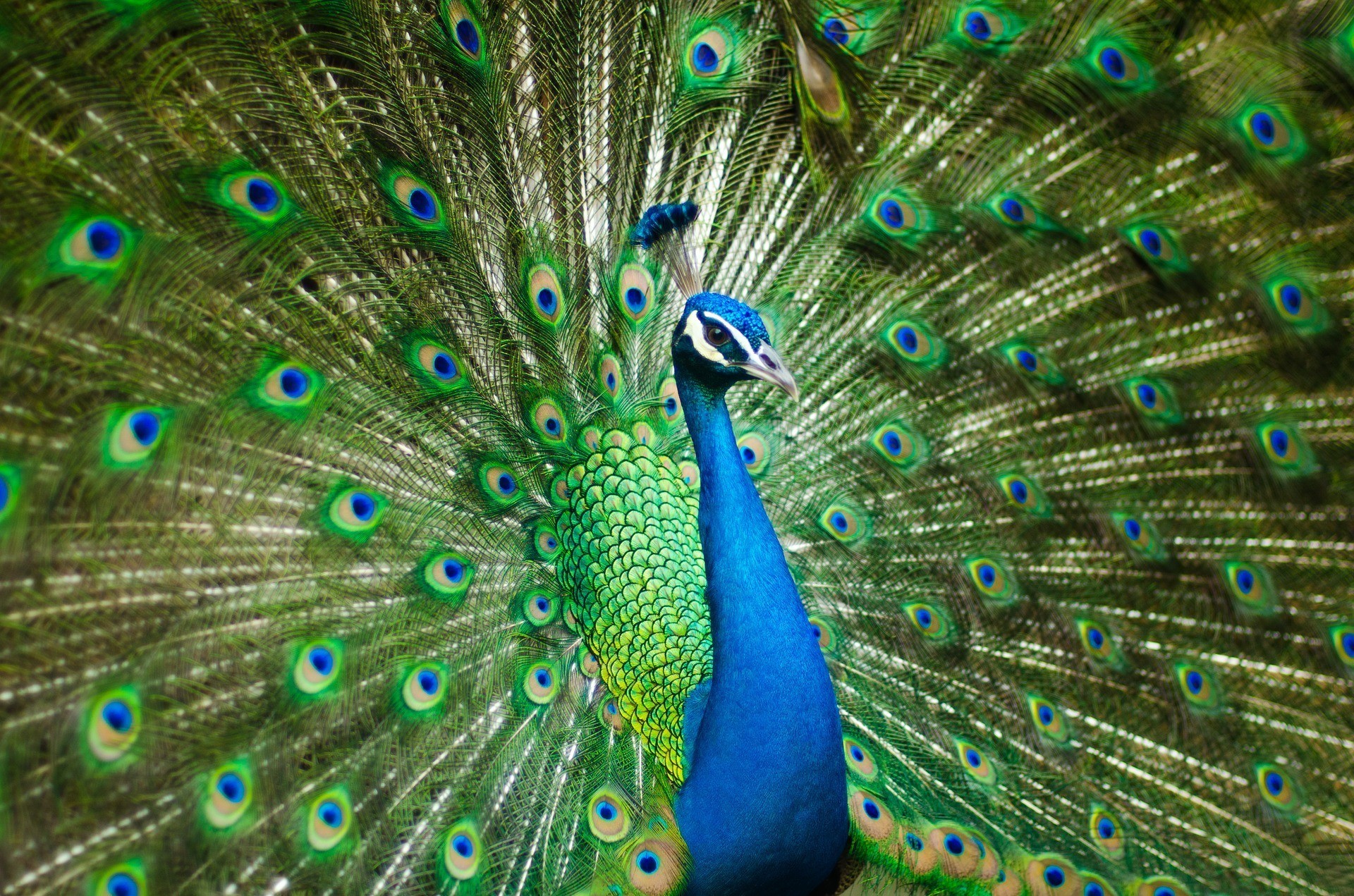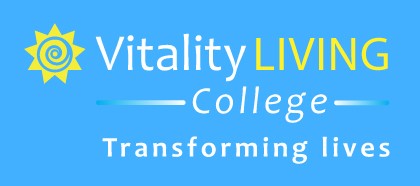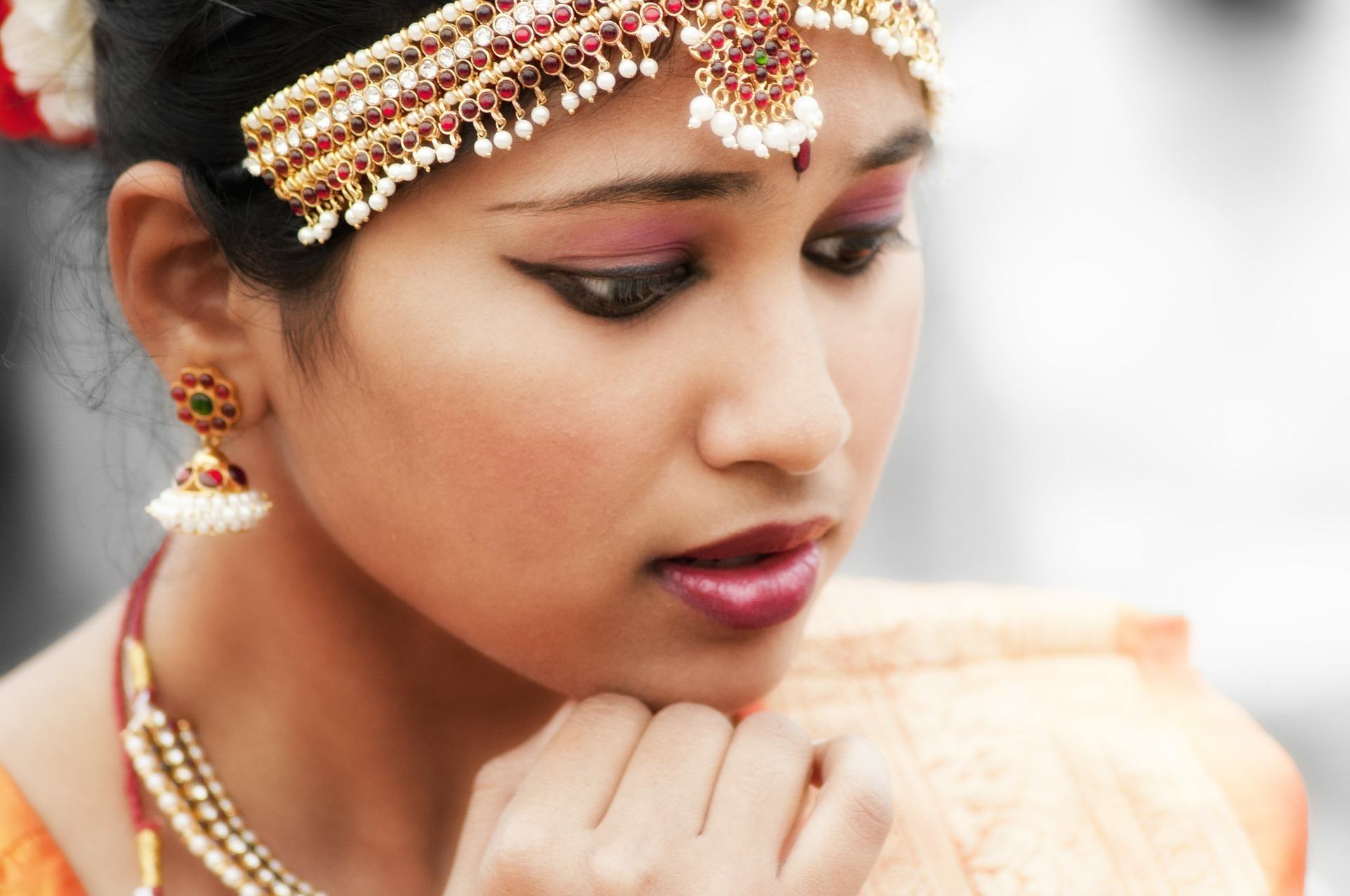Freedom Taken and Freedom Found – The 4 Keys to Inner Freedom

On this day, 70 years ago, India gained its Independence from being ruled by the British. It was a momentous victory attributed to the Freedom Fighters, where consequently India became a democratic nation and each citizen received the right to vote.
India is not the only country who has gained its Independence. The Americas, African nations such as Tanzania and Congo, Asian countries such as Indonesia, Vietnam and Korea, and many other colonies have experienced similar circumstances.
In these countries, freedom from foreign rule has enabled the people of those countries the ability to:
- Seek justice;
- Practice their own religion;
- Voice their opinion;
- And enjoy other rights, duties, privileges, and benefits.
None of this would be possible without national independence.
If you can run a business, if you can send your children to school, if you can speak up for your beliefs, or even walk on the street without fear of apprehension, then thank your country’s freedom and thank those who took it.
The breaking of unjust chains through this taken freedom has made many liberated societies what they are today.
External bonds, such as colonialism, are released through freedom taken. But internal limitations must be broken through freedom found. Freedom taken helps us survive in society. Freedom found gives our lives meaning and brings peace to our souls.
Why do we need this found freedom?
Throughout life, humans may encounter situations that are difficult to work around. Our minds are often run actively – we may be caught in
- Disturbing mind chatter,
- Debilitating anxieties,
- Irrational worries,
- Paralysing phobias, and
- Limiting beliefs.
These mind blocks may bind us, hinder us from achieving our highest potential. They may keep us back from reaching our desired goals, caging us even before we can fly.
Many of us have faced these blocks at some point in our lives.
Picture this: A dancer has been practising for her performance for months. She knows every step, every beat, every jump…but she also knows that everybody will be watching. She is afraid – of being judged, of being criticised, of letting herself down. She is in the wings and her mind starts racing. What if I fall? What if they don’t like it? What if they don’t like me? She walks out on stage and her mind is still chattering. Even while she dances, her voice in her head keeps saying, “What if? What if? What if?” these fears grip her and as a result, she thinks of nothing else for her entire performance. She did well, but the audience saw the fear written all over her face. She couldn’t enjoy what she usually loved doing because her mind was racing with limiting beliefs.
This is no freedom. Upon being faced with such circumstances, we may build in ourselves the courage to find our freedom.
This freedom can only be found in one source – the inner self.
Picture this: A dancer has been practising for her performance for months. She knows every step, every beat, every jump…and she also knows that everybody will be watching. She closes her eyes, takes a deep breath in and lets it out, and visualises all the hours and the sweat and blood she’s put into her choreography. She smiles and tells herself, “Should I fall, I know how to get up. Even if they don’t like it, I do. I have done everything possible to prepare myself for this. I am ready.” She no leaves room for limiting beliefs. She walks out on stage, beams, and gives a flawless performance.
So, what is Inner Freedom? How can you attain it?
As experienced by Dr Rangana Rupavi Choudhuri (PhD), there are 4 keys to Inner Freedom – a surrender, a stillness, a choice, a detachment, as experienced by Dr Rangana Rupavi Choudhuri (PhD).
- A surrender to what is– allowing the flow of life to guide you and surrendering to what transpires, rather than worrying about what could have been.
- An inner stillness – quietening the chatter of the mind, feeling like “grace” in action.
- A choice attitude – being free from internal inhibitions, you can pick your approach to any situation.
- A detachment – in accepting that certain reactions are out of your control and/or irrelevant in your life, you find a peace and calm within your soul.
You can experience inner freedom, by decluttering the mind and letting go of the negative emotions and internal stress, thus freeing yourself from the limitations that keep you from everlasting peace.
Here’s a healing meditation by Dr Rangana Rupavi Choudhuri (PhD) on letting go and letting freedom in.
Real freedom is not only the right to express one’s self and to be able to vote and shape the future of a nation. It is also the freedom that you feel from within. When the mind becomes still, the emotions are calm and body is at ease.
“There is freedom waiting for you,
On the breezes of the sky,
And you ask “What if I fall?”
Oh but my darling,
What if you fly?” Erin Hanson
It’s time we gave ourselves the gift of finding this freedom and liberating our minds for the rest of our lives.
Happy Independence Day!
Dr. Rangana Rupavi Choudhuri (PhD)
with Ashni Acharya
——————————————————————————————————–
For the full calendar of events.
———————————————————————————————————
Other articles you may be interested in:
- I am no longer haunted by my past
- The 5 ways suppressed and unresolved emotions can be harmful.
- Can happiness be attained on the outside? The 7 keys to happiness!
- What stopped me from achieving – Limiting beliefs!
- Can dreams really manifest?
- How to live the life of your dreams? 7steps you can follow and the 8th one
Disclaimer: The information on this website is purely for educational purposes and does not in anyway replace the requirement for medical and psychological diagnosis and treatment. Please do seek professional medical and psychological diagnosis and advice for all medical and mental health conditions. It is advised to always book any consultations with qualified professionals.




